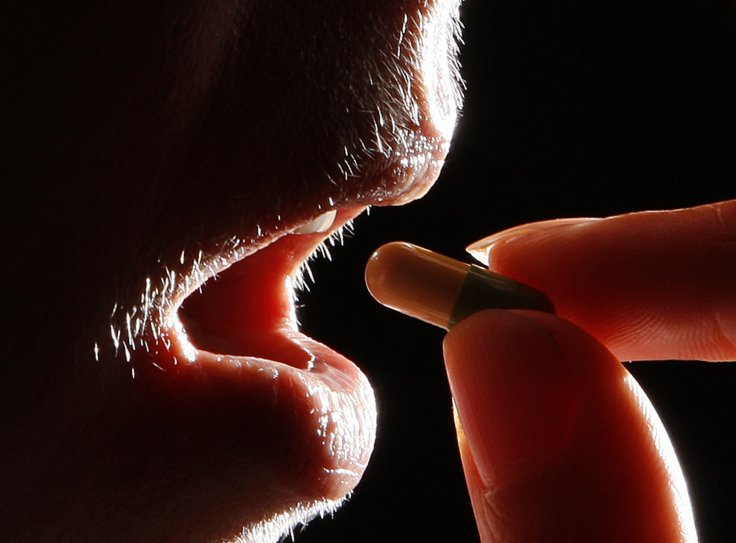
One of the leading cancer care and research centres in the US, Memorial Sloan Kettering Cancer Centre, is no longer administering Zantac and its generics to patients following the discovery of a carcinogen, a report said.
The center after reviewing the potential cancer risk from the discovery of low levels of N-nitrodimethylamine (NDMA), a nitrosamine impurity believed to be a probable carcinogen, has removed the popular inflammation pills from the list of drugs that it offers patients.
The latest move comes after CVS Pharmacy joined Walgreens, Walmart, and Rite-Aid in the suspension of the sale of Zantac, as well as, CVS Health-brand ranitidine products "out of caution due to a recent product alert from the Food and Drug Administration", said Caitlin Hool, a spokeswoman for the New York-based center.
Several countries including Canada, France, Italy, and Singapore announced Zantac recalls after the US Food and Drug Administration (FDA) and the European Medicines Agency (EMA) said they were reviewing the presence of NDMA in medicines containing ranitidine.
The FDA in a statement advised consumers to seek other over-the-counter products to treat symptoms such as heartburn and stomach acid, and stressed that not all ranitidine medicines in the U were being recalled and that consumers did not need to stop taking any and all ranitidine products as of now.
Bloomberg quoted Hool as saying that the center was separately researching whether Zantac and its generics are known as ranitidine were responsible for an increased risk of cancer in individuals.
The Memorial Sloan Kettering research has been initiated after Valisure, an online pharmacy that tests the drugs it dispenses to patients, found excessive levels of NDMA in generic and name-brand versions of Zantac.
The FDA last year recalled millions of blood-pressure pills in the US after it discovered the presence of NDMA above levels believed to be safe.
Lior Braunstein, an oncologist at the Memorial Sloan Kettering Cancer Center, said the idea the drug could be causing cancer "would never have crossed my mind".









